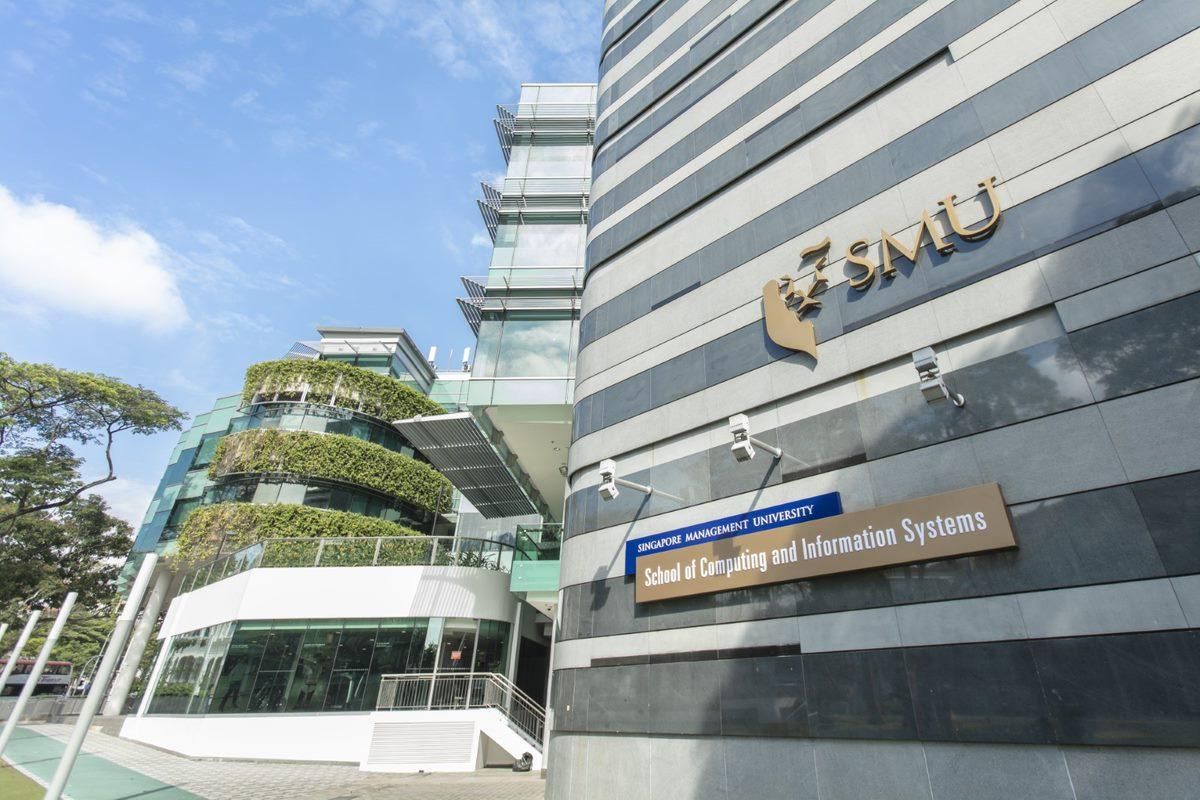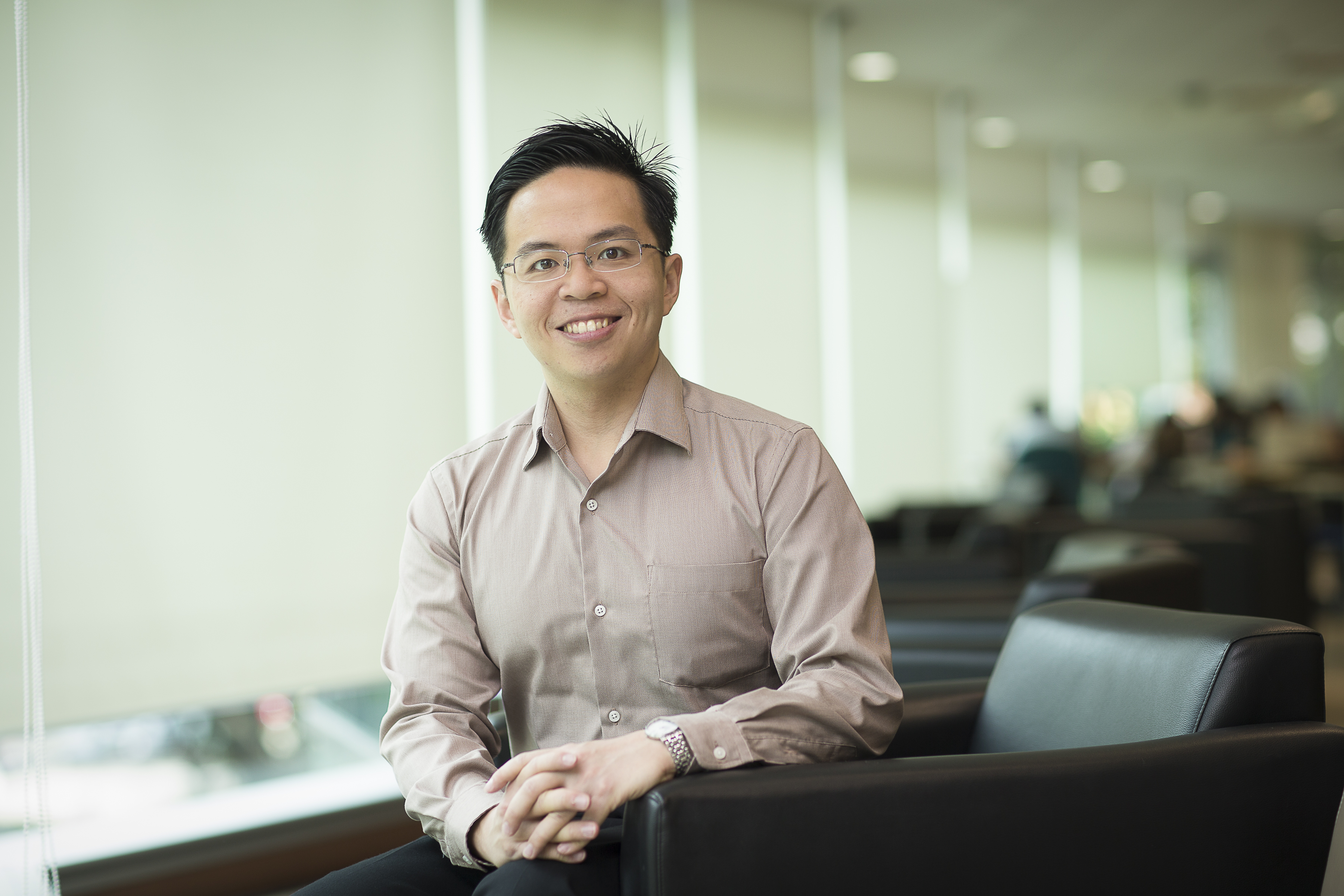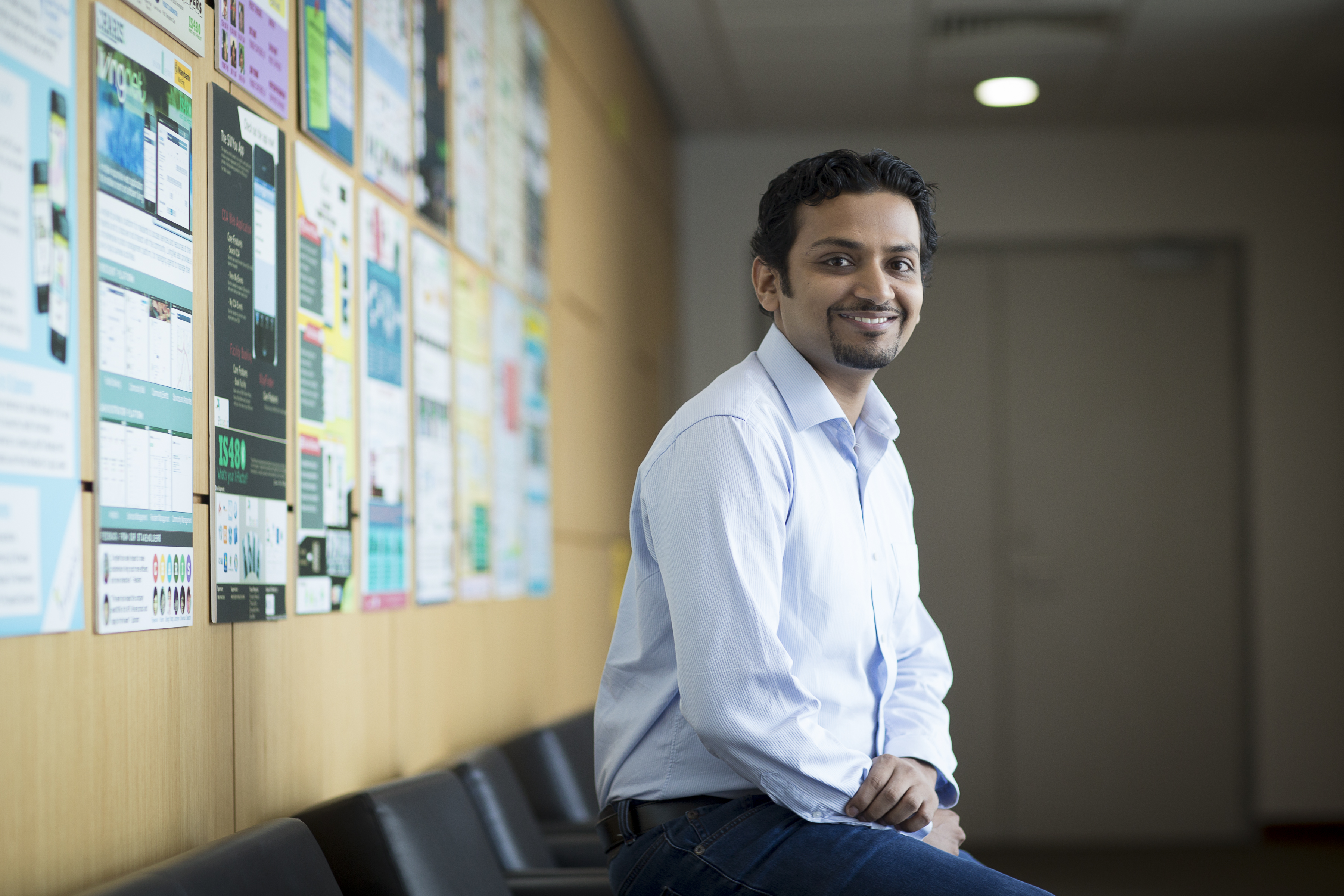
SINGAPORE, 1 July 2021 (Thursday) – Professor David Lo and Associate Professor Akshat Kumar from the School of Computing and Information Systems (SCIS) have been recognised for their outstanding contributions and accomplishments in the fields of software engineering and artificial intelligence respectively.
Professor David Lo has been awarded the 2021 IEEE CS TCSE Distinguished Service Award for his extensive and outstanding service to the software engineering community in his many roles in major software engineering conferences and journals. He is the first in Singapore and second in Asia to have received this prestigious award.
The IEEE Computer Society is the world’s largest professional organisation devoted to computer science, and the Technical Council on Software Engineering (TCSE) is the voice of software engineering within the IEEE and the Computer Society. TCSE aims to advance awareness of software engineering and to support education and training through conferences, workshops, and other professional activities that contribute to the growth and enrichment of software engineering academics and professionals.
Associate Professor Akshat Kumar has been named a Senior Member of the Association for the Advancement of Artificial Intelligence (AAAI). He is among the nine worldwide to achieve this recognition, and the only academic in Singapore and Asia to be named among the 2021 Honourees.
Senior Member status is designed to recognise AAAI members who have achieved significant accomplishments within the field of artificial intelligence. To be eligible for nomination for Senior Member, candidates must be consecutive members of AAAI for at least five years and have been active in the professional arena for at least ten years.
AAAI is a scientific society devoted to advancing the scientific understanding of the mechanisms underlying thought and intelligent behaviour and their embodiment in machines. It aims to promote research in, and responsible use of, artificial intelligence.
Professor David Lo

Professor Lo said, "I am honored and humbled to receive the 2021 IEEE CS TCSE Distinguished Service Award. I would like to thank the hundreds of colleagues whom I have worked with in conference and journal organizations and to SCIS and SMU for their support. It has been a fun and rewarding journey to work together with many wonderful colleagues in SCIS, SMU, Singapore, and from across the globe to co-organize more than 30 international conferences. I especially fondly remember the conferences that were held at the SMU campus. Thank you very much SCIS and SMU for supporting these events!"
Prof Lo’s research is at the intersection of software engineering and data science, also known as software analytics, encompassing socio-technical aspects, and analysis of different kinds of software artefacts such as code, execution traces, bug reports, Q&A posts, user feedback, and developer networks, and the interplay between them. He designs data science solutions that transform passive data into tools that improve developer productivity and system quality, and generate new insights.
Prof Lo has published more than 400 papers in refereed conferences and journals. His research work has created impact in several ways. Collectively, they have attracted much interest from the research community and inspired many subsequent studies that push the frontiers of knowledge in the areas of software engineering and data science. This is evidenced by the more than 16,000 citations listed on Google Scholar, corresponding to an H-index of 71. In addition, many of his research work are conducted with industry partners, leading to papers presenting state-of-the-art solutions deployed in practice, as well as unique insights into industrial software systems and processes. For example, in a recent paper, Prof Lo and his co-authors presented a state-of-the-art system that is deployed in practice to detect emerging issues of WeChat app by analysing a stream of user feedback.
Additionally, Prof Lo has successfully trained 10 PhD students, who have secured employment at high-tech companies and world-class universities and research institutions across the globe. Prof Lo’s research work has also created collaborations (including many long term ones) between SMU and other universities in over 20 countries, resulting in works published in renowned conferences and/or journals across various areas of computer science research.
Aside from his research work, Prof Lo has also contributed actively to the research community by co-organising conferences and workshops, and serving in the programme boards, programme committees, steering committees, and editorial boards of many top-tier and leading conferences and journals. For example, he served as the General Chair / Program Co-Chair of 10 international conferences, including the 31st IEEE/ACM International Conference on Automated Software Engineering, which was held at SMU campus in 2016. He is also serving on the editorial board of IEEE Transactions on Software Engineering, Empirical Software Engineering, IEEE Transactions on Reliability, Automated Software Engineering, Journal of Software: Evolution and Process, Information and Software Technology, Journal of Software Engineering Research and Development, Information Systems, and Neurocomputing.
Prof Lo obtained his Bachelor degree in Computer Engineering from Nanyang Technological University in 2004, and his PhD degree in Computer Science from National University of Singapore in 2008. He joined the School of Information Systems (former name of SCIS) as a Lecturer in May 2008. In April 2020, Prof Lo co-founded the Research Lab for Intelligent Software Engineering (RISE) that conducts research in the intersection of Software Engineering, Artificial Intelligence, and Cybersecurity with the goal of improving software quality and reducing software cost.
Prof Lo was the recipient of the Lee Foundation Fellowship in 2009, the Lee Kong Chian Fellowship in 2018, and the Lee Kuan Yew Fellowship in 2019 at SMU. He has also received 17 international research and service awards, including 11 best/distinguished paper awards.
In addition to his current line of research work on software analytics, Prof Lo is keen to solve an emerging problem — how best to adapt software engineering processes and tools that are currently used to design conventional software for AI system development. AI is advancing rapidly and has been, or will be, incorporated into many systems that humans interact with daily, such as self-driving cars. His immediate future goal is to investigate and characterise the limits of current best practices and tools to AI system development, and design novel solutions that address those limitations.
Associate Professor Akshat Kumar

Assoc Prof Kumar said, “I am greatly honoured to be selected as a Senior Member of AAAI. I am fortunate enough to have great mentors, students, and collaborators over the course of my career, and an intellectually stimulating work environment at SMU's School of Computing and Information Systems. I am very thankful for their continued support and collaboration which are invaluable for my research and academic career.”
Prof Kumar’s research is in the area of planning and decision making under uncertainty with a focus on multiagent systems and urban system optimisation. His work addresses our rapidly interconnected society and urban environments, from personal digital assistants to self-driving taxi fleets and autonomous ships, and develops computational techniques that will allow such complex ecosystem of autonomous agents to operate in a coordinated fashion. Over the past few years, Prof Kumar’s work has addressed various challenges in such diverse urban settings as scalability to thousands of agents, uncertainty and partial observability, and resource constrained optimisation.
In addition to academic contributions, Prof Kumar also participated in the Fujitsu-SMU Urban Computing and Engineering Corporate Lab from 2014-2019. He along with his collaborators have designed maritime simulators and novel intelligent scheduling algorithms that can coordinate vessel traffic in Singapore Straits for better safety of navigation. Such simulators and approaches are based on studying the real location data for ships that enter Singapore waters over a large period of time. Results of such studies have appeared in leading AI conferences.
Prior to joining the School of Information Systems (former name of SCIS) in 2014, Prof Kumar was a research scientist at the IBM research lab in New Delhi. He obtained his Bachelor degree from the Indian Institute of Technology Guwahati, India, and his Masters and PhD from the University of Massachusetts Amherst, all in computer science.
Over his decade long career in AI, Prof Kumar has published more than 40 papers in refereed conferences and journals.
Prof Kumar’s work has received numerous awards including the Best Dissertation Award at the International Conference on Automated Planning and Scheduling (ICAPS 2014), and a runner-up award at International Conference on Autonomous Agents and Multiagent Systems (AAMAS 2013). His work has also received the Outstanding Application Paper Award at ICAPS 2014, and the Best Paper Award in the 2017 AAAI Conference on Artificial Intelligence in the computational sustainability track. All these conferences are among the top-tier conferences in the field of AI. At SMU, he has been awarded the Lee Kong Chian Fellowship in 2017 for his sustained research contributions at SMU.
On his future research, Prof Kumar sees multiagent systems becoming more and more relevant with the adoption of internet-of-things. He is particularly excited by several research challenges which arise with such unprecedented connectivity, such as dealing with the problem of scale, ensuring safe co-habitation of humans and autonomous agents, and ensuring coordination in the presence of both cooperating and competing agents.